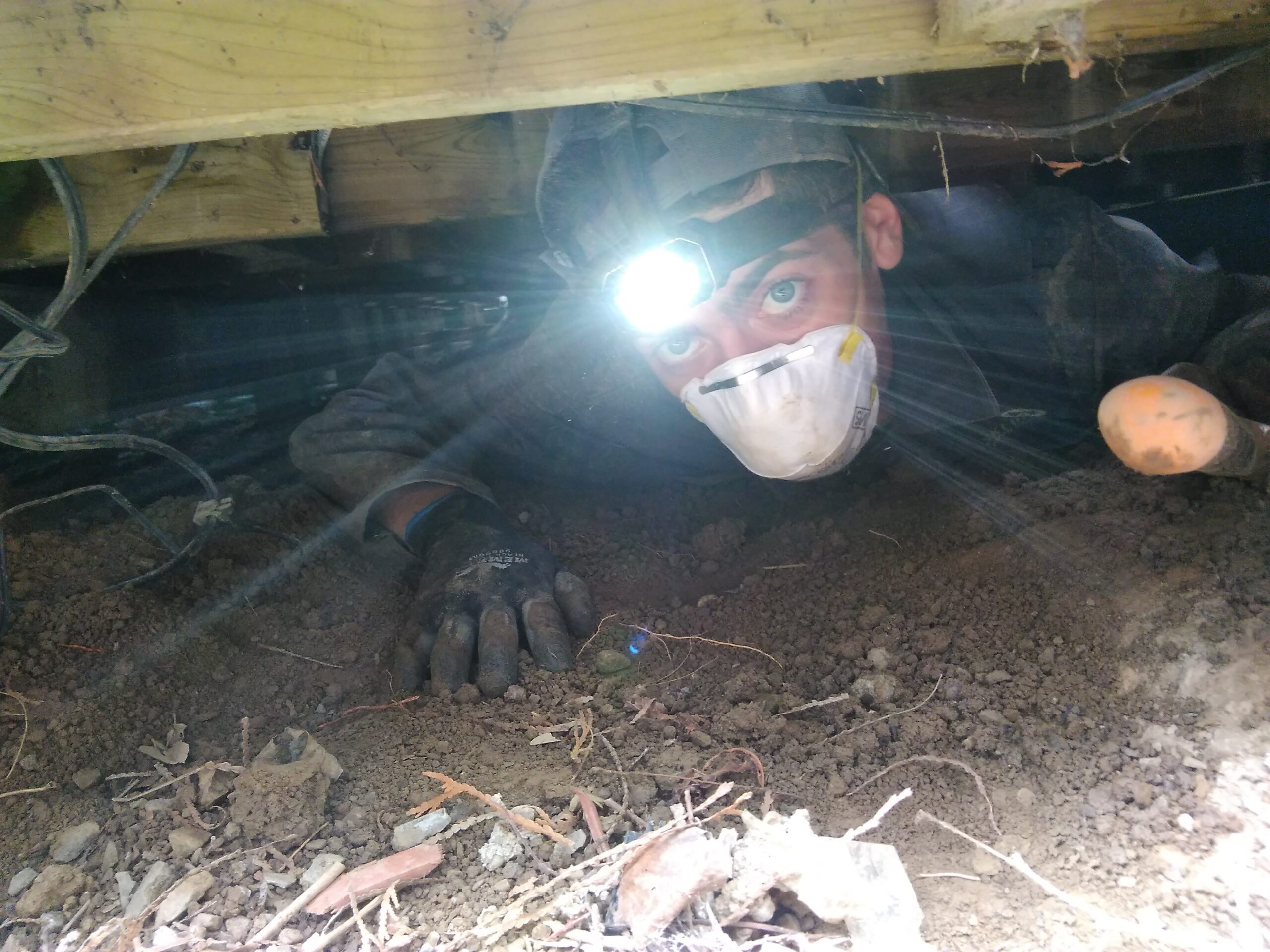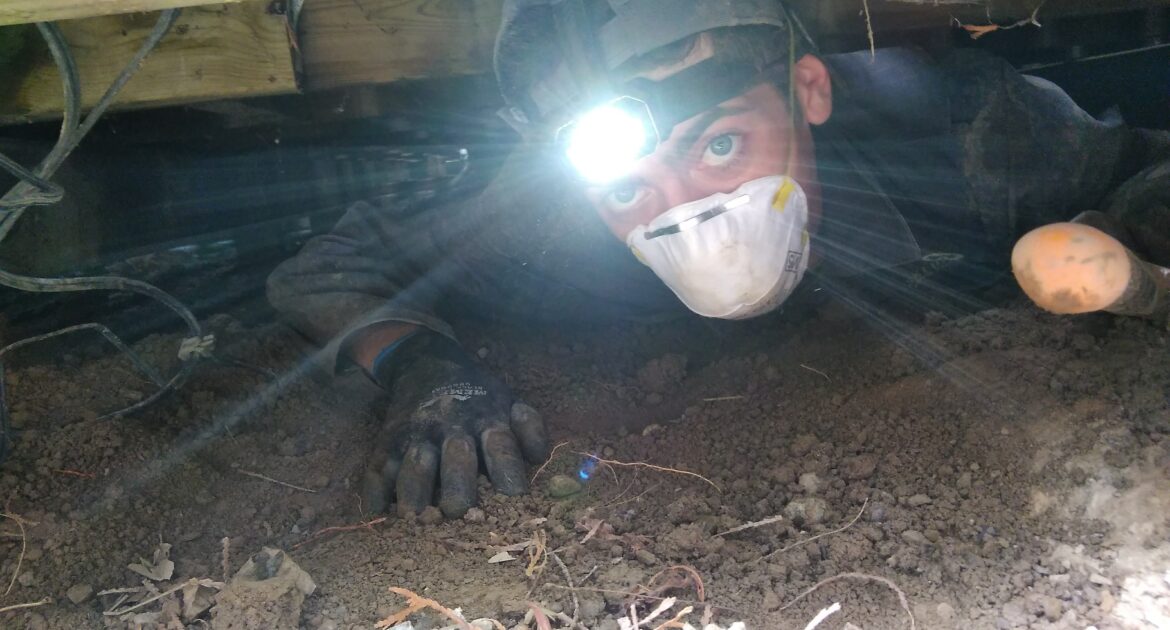You may wonder how to get rid of a skunk if you find one or more living in a den on your property. Do skunks bite humans? While skunks can bite, they typically only do so as a last resort. This is good news for humans because skunks are frequent carriers of the rabies virus, and if they bite, they could pass it on.
Do Skunks Attack Humans?
Skunks are naturally shy, non-aggressive creatures. Their first response to a potential threat is to look for a way to escape. If they can identify an escape route, they will run away. If cornered, skunks are equipped with a noxious defensive liquid that they can spray from their hindquarters at their attackers, often with pinpoint accuracy. Before spraying, skunks typically engage in a series of aggressive behaviors to serve as a warning of what they intend to do. If it sprays without warning, it is usually because it was startled by an intruder, one that may not have been aware that the skunk was even there. If a skunk feels that it is under immediate threat of harm, it may dispense with its normal warning signs before spraying.
In addition to being unpleasantly strong-smelling, skunk spray includes chemicals such as sulfuric acid that can cause irritation and temporary blindness, giving the skunk a chance to escape. While the smell can linger a long time, the other effects are generally short-lived.
In What Situations Do Skunks Bite Humans?
Skunks do not have an unlimited supply of spray, which is why they try to warn intruders away before using it. Once skunks have depleted their spray, their bodies have to make more, a process that takes about 10 days. If the skunk is faced with another predator during this time and cannot escape, the only defense left is to bite.
A healthy skunk does not approach people or pets on its own. It perceives them as potential threats and runs away. However, a skunk infected with rabies or another illness may not behave in a normal way. Their erratic behavior may include approaching and biting a human. This is a rare occurrence, but if you see a skunk approaching, remember that this is not normal behavior and try to get away from it as quickly and calmly as possible.
What Should You Do if a Skunk Bites You?
Skunks can carry several diseases that can be dangerous to humans, bacterial as well as viral. The first thing to do is to cleanse the wound gently with warm water and mild soap, which kills off many pathogens. After that, you should go see a doctor.
If the skunk is captured, it can be tested for the rabies virus. However, capturing a skunk is dangerous and could result in more bites. The safest course of action is typically to assume that the skunk was rabid and have a prophylactic course of vaccinations.
It can take up to three weeks for the rabies virus to incubate, at which point symptoms start to appear. If rabies is symptomatic, it is too late for the vaccine, and the disease is almost always fatal. However, the vaccine is very effective at preventing infection if the course of injections begins before the virus incubates, which is why it is important to see your doctor promptly.
You can prevent both skunk bites and spray by keeping a safe distance from any skunks you see on your property and making sure that your family and pets do the same. Dogs are likely to misinterpret a skunk’s warning signals and end up sprayed or bitten. Skunks can carry diseases, such as distemper, that are particularly dangerous to dogs.
Why Should You Call Skedaddle for Skunk Removal in Madison?
Our technicians humanely remove skunks from your property, keeping them safe as well as you and your family. Learn more about what is involved in skunk removal in Madison.




